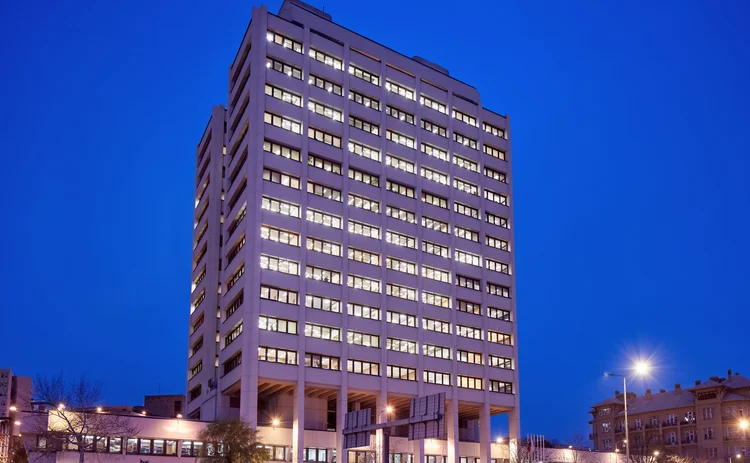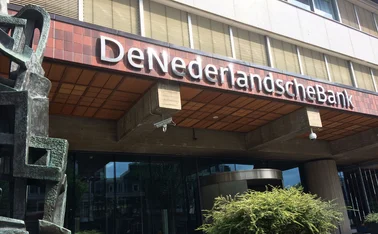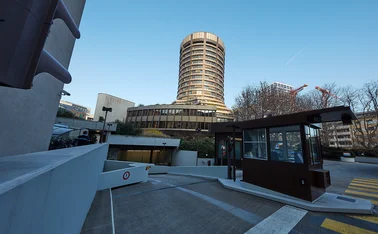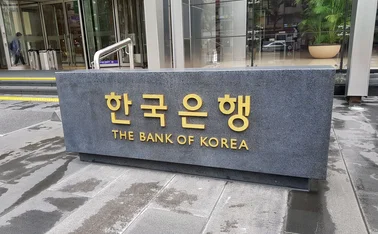
Turkish inflation falls for first time in eight months
Cooling prices could herald disinflation trend despite negative real rates

Annualised inflation in Turkey dropped in June for the first time in eight months, prompting the country’s finance minister to herald a sustained period of disinflation.
Year-on-year inflation slipped to 71.6% last month, down from 75.45% in May, according to data published by the Turkish Statistical Institute (Turkstat) on July 3.
The Central Bank of the Republic of Turkey (CBRT) had held its key rate flat at 50% late last month as it insisted that disinflation will begin in the second half of this year.
The drop in inflation in June could be a first step towards persistent disinflation.
Finance minister Mehmet Şimşek has repeated assurances that inflation would start to drop from the second half of the year. When inflation hit its recent peak of 75.45% in May, Şimşek declared the “worst is over” and promised inflation would fall thenceforth.
After the June figures came out on July 3, Şimşek posted “the disinflation process has begun” on social media. He added that the monthly inflation of 1.64% in June is consistent with the official year-end target. The CBRT forecasts inflation would fall to 38% by the end of this year.
Some market practitioners also expect prices to fall. Financial services company ING predicts inflation to be closer to 42% by the end of the year.
The price of clothing and footwear fell in June on a monthly basis and increased slower than other segments on an annual basis. But inflation in services remained high, particularly in the areas of education, housing and hospitality.
For example, inflation in education soared to 107.11% last month due to rising private school fees, while housing costs rose by 94.72%, according to Turkstat figures.
“Rent inflation is expected to remain high in the short term and will be the main group that will restrain the anticipated slowdown in consumer inflation,” the CBRT warned in a statement on July 3.
The central bank said that it will continue to maintain its “tight” monetary policy stance until inflation falls substantially. While the CBRT has not increased interest rates since March this year, it has raised Turkish lira required reserve ratios, requiring much higher levels for FX-protected deposit accounts, or KKMs. It aims to bring inflation down to 5% in the medium term.
Alternative views
Some non-official figures, however, estimate inflation in Turkey is far higher than the official rate. But they also recorded a fall in inflation in June. For example, Ena Grup, an independent economic research group, estimated June inflation at 113.08%, down from 120.6% in May.
Steve Hanke, a professor at Johns Hopkins University in the US, said in a social media post on July 2 that Turkey has “turned the corner” on inflation and measured it on June 30 at 30% year on year. Speaking to CNBC in late June, Hanke had called on the CBRT to raise interest rates above 50% to reach its target of 5% in the medium term.
A household inflation expectations survey by Koç University showed that households believed prices rose by 113% in June and expect inflation to be at 93% by the end of the year, compared to the central bank’s forecast of 38%.
The Turkish lira appreciated after the inflation figures were released yesterday to 32.5 liras to the dollar, which is where it is currently trading, down from 32.7 on July 1.
Speaking to Reuters, CBRT governor Fatih Karahan said the central bank is “extremely determined” to tame inflation. Karahan was appointed as governor in February this year.
Turkish resident Recep Tayyip Erdoğan has for several years been stubbornly against raising interest rates, as he believed higher interest rates supported inflation.
He also sacked several CBRT governors for disobeying his orders to keep the monetary policy loose. But Erdoğan appeared to change course when he appointed Şimşek as finance minister in June 2023, following his re-election.
Şimşek backed a new leadership team at the central bank that raised interest rates significantly. The monetary policy committee raised the key policy rate from 8.5% in June 2023 to 50% in March this year. But it has remained unchanged since then.
Only users who have a paid subscription or are part of a corporate subscription are able to print or copy content.
To access these options, along with all other subscription benefits, please contact info@centralbanking.com or view our subscription options here: http://subscriptions.centralbanking.com/subscribe
You are currently unable to print this content. Please contact info@centralbanking.com to find out more.
You are currently unable to copy this content. Please contact info@centralbanking.com to find out more.
Copyright Infopro Digital Limited. All rights reserved.
As outlined in our terms and conditions, https://www.infopro-digital.com/terms-and-conditions/subscriptions/ (point 2.4), printing is limited to a single copy.
If you would like to purchase additional rights please email info@centralbanking.com
Copyright Infopro Digital Limited. All rights reserved.
You may share this content using our article tools. As outlined in our terms and conditions, https://www.infopro-digital.com/terms-and-conditions/subscriptions/ (clause 2.4), an Authorised User may only make one copy of the materials for their own personal use. You must also comply with the restrictions in clause 2.5.
If you would like to purchase additional rights please email info@centralbanking.com







